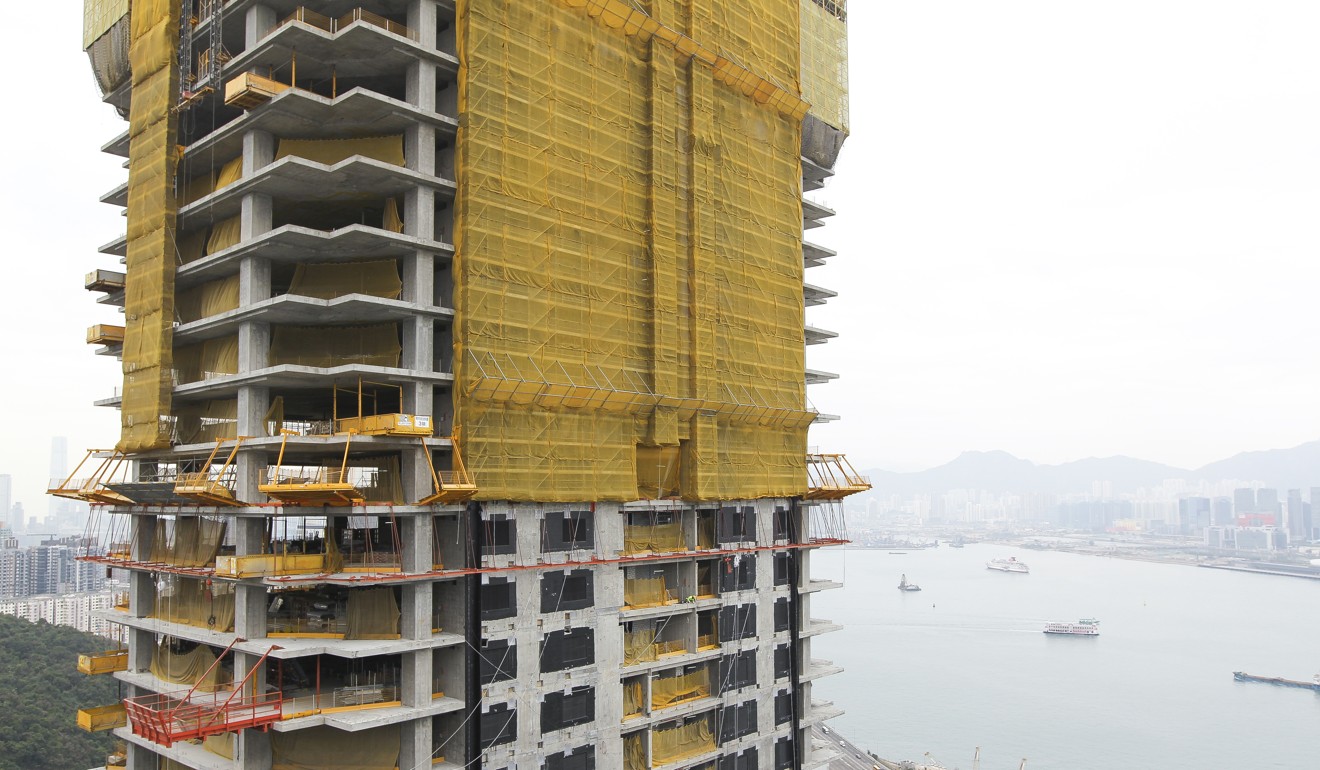
Technology will help move the needle in Hong Kong’s traditional property market
Landlords face a unique challenge in understanding the needs of occupiers and their technology requirements
Hong Kong developers and occupiers need to incorporate property technology to ensure the city’s real estate remains attractive.
At the start of the Year of the Dog, the Hong Kong Government unveiled the annual budget with a record-breaking surplus of HK$138 billion (US$17.7 billion). Land sales continue to be a major income contributor. Of the HK$604.5 billion revenue achieved in 2017, HK$121 billion came from land
premiums. With ample cash on hand, the government stressed one of the priorities for the new year is to boost the development of innovation and technology – a whopping HK$50 billion willbe allocated to related industries to help drive the city forward in achieving its Smart City aspirations.
This is a strong indication that businesses across the board should be investing more time and resources into understanding where they stand in terms of their technological capabilities. The real estate sector is no exception. As one of the most dynamic real estate markets in the world,Hong Kong developers need to reassess how they are optimising their assets to attract tenants.
On the other hand, occupiers need to look at how they are incorporating technology to enhance the space and attract talent.
Property technology (PropTech) has gained traction in recent years as one of the biggest trends in real estate. Tenants are keen to adopt technologies that facilitate operational efficiency and cost savings in the long term. Landlords are expected to be more proactive and agile to meet their needs. A 2017 CBRE Research report showed that 84 per cent of landlords expect a rise in smart buildings as a result of tech innovation. Those who understand occupier needs and tech requirements will be at the forefront of this revolution.
Automation and artificial intelligence are already enabling the real estate industry to build powerful tools to help forecast client requirements, map real estate scenarios, make complicated portfolio decisions, and create virtual or augmented realities of work environments.
The longer term impact of digital technology will be its transformation of real estate from being about products to being about services.
Technology has put people, and subsequently data, at the heart of real estate. With the internet of things and plethora of data available, the real estate industry will need to understand data at a deeper level to deliver products that drive benefit to customers. One of the most visible ways it will achieve this is through harnessing data more strategically to improve and personalise the user experience within the built space.
More sophisticated workplaces allow users to reserve desks at work, automatically adjust the lighting or temperature, or even have their favourite beverage ordered ahead of time from their preferred cafe and ready for consumption at the right temperature as they arrive at their desk – all through an app.

Co-working space operators are leading the pack in adopting PropTech in Hong Kong’s office sector. Co-working centres put technology at the heart of their facilities management. Using the data gathered from meeting room bookings, office usage patterns emerge, enabling management operators to maximise space efficiency.
For conventional office occupiers, effective use of space is key for the company’s survival in one of the highest-priced property markets in the world. Through technology, occupiers can map out peak periods of space usage and shut down power and water supplies when the space is not in use, or place unused zones in a low-power mode to maximise energy savings.
Activity-based working, which relies on technology, is an emerging workplace format that supports a reduction in empty space. Empowered by mobile gadgets, bookable meeting rooms and other technologies that support staff mobility, employees can work anywhere to suit the task at hand at any given moment. The format was initially adopted primarily by multinational corporations but has gained popularity in the broader business community across Hong Kong.
Fuelled by supply pressure and sustained demand, the property sector will continue to grow and prosper. But it risks falling behind in addressing the changing appetite of forward-thinking businesses if it fails to catch up with the pace in which technology is evolving across all sectors.
The property sector should heed the call from the Hong Kong Government to “invest in the future”.
Tom Gaffney is managing director of CBRE Hong Kong, Macau and Taiwan

